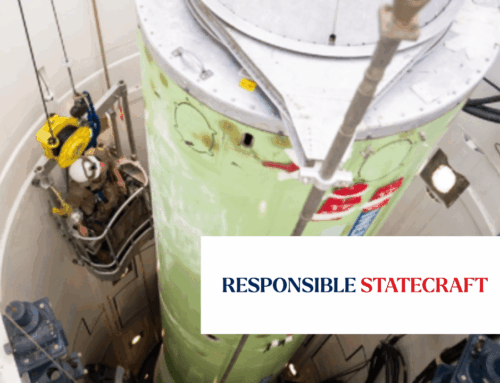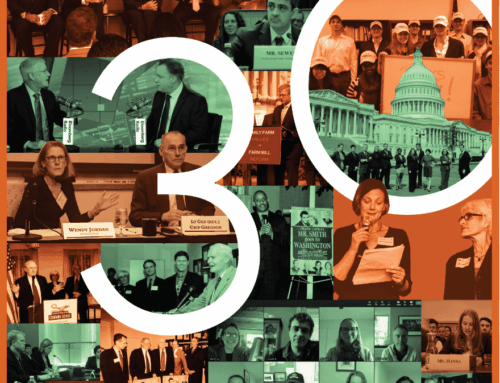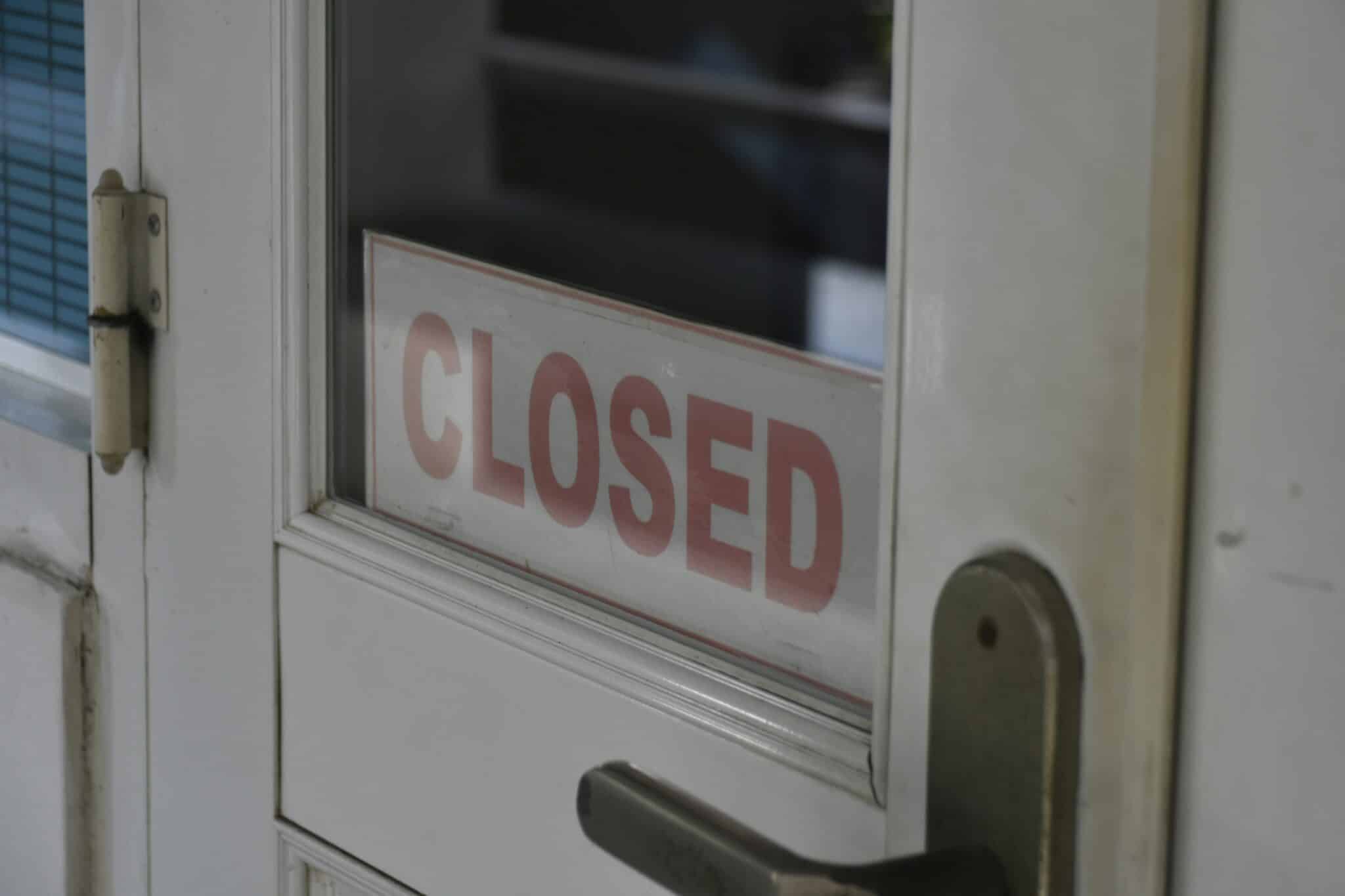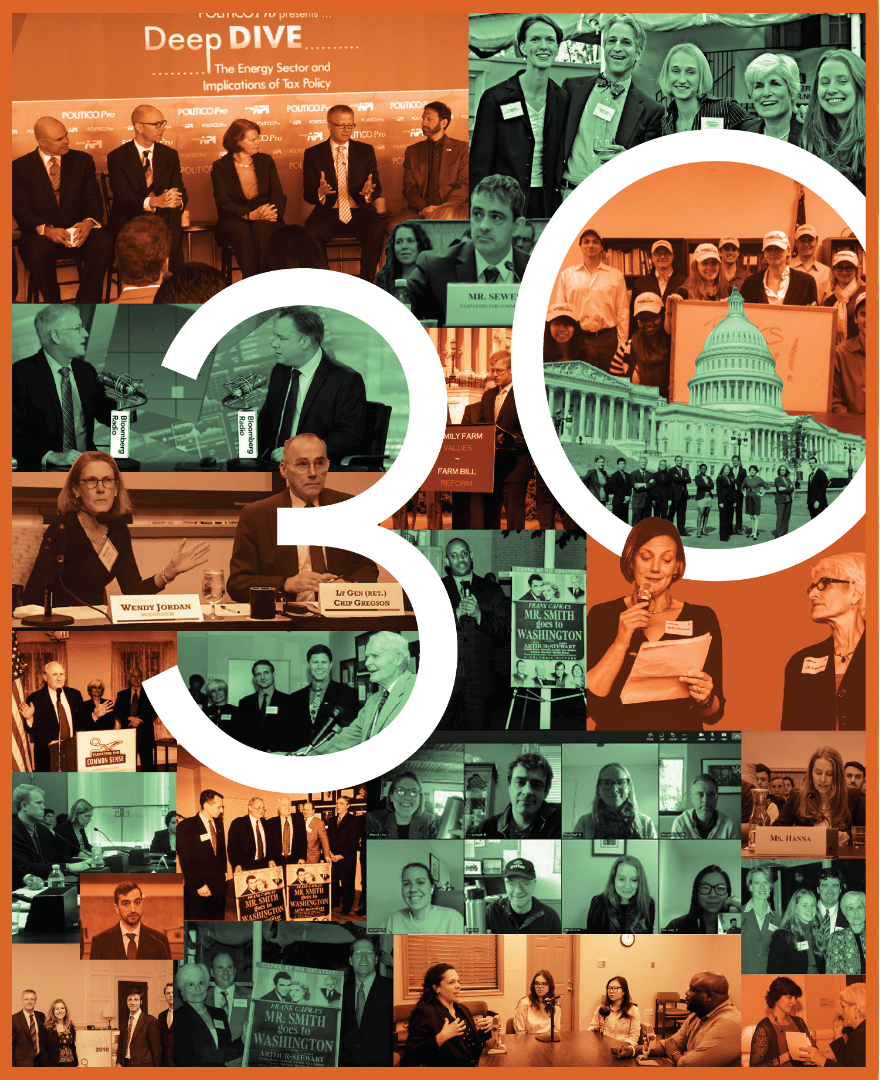$2 trillion of your money, laid-out in 880-pages. “880-pages may sound like a lot, but it really doesn’t have a lot of detailed information about how the money is going to be spent,” said Steve Ellis, President of the non-partisan budget watchdog Taxpayers for Common Sense.
“We’ve always wanted these packages to have triggers in them so that you hit a certain benchmark and then more funds get released, rather than having just huge pots of cash.”
Like $50 billion for the airline industry.
“In an earlier version it was just $50 billion going to the airlines, now it’s $25 billion plus $25 billion that is going to the employees of the airlines,” Said Ellis. “So it’s basically tying the airlines’ hands a little bit, making sure that the money is actually getting to some of the front line employees, whether it’s the flight attendants, or the pilots, or the people who clean planes.”
Americans who earn less than $75,000 will see direct payments of $1,200, and $500 per child. The cap for couples for a $2,400 payment is $150,000.
The spending bill lays out billions in credit to industries like cruise lines, restaurants and hotels.
$350 billion is allocated for the Paycheck Protection Program to provide eight weeks of cash-flow assistance to small businesses that maintain their payroll during the pandemic.
And there are earmarks for less obvious recipients like the Smithsonian and Kennedy Center.
“If you think about the Smithsonian particularly, that’s a lot of real estate to clean and to disinfect. And so that’s a lot of work to be done so that those buildings can be safe for people to come and visit when the epidemic is over,” said Ellis.
One chunk of cash Ellis is keeping under close watch: A $454 billion fund for a new lending agency, overseen by Treasury Secretary Steven Mnuchin for a wide array of subsidies.
“I’m not saying I’m being critical of them necessarily, it’s just really going to be the devil in the details and it’s being administered at a time when a lot of people are not in their office,” said Ellis.
And it’s not just huge sums of money in the bill, it’s influential language.
You go through these bills and you look for anomalies, things that seem kind of weird, said Ellis.
There’s a provision for sunscreen. Look a little deeper and you find it’s a whole separate section on how the FDA regulates and approves over the counter medications.
“It’s something that clearly a bunch of people in the industry, not just sunscreen but other over the counter and drug manufacturers that are seeking approval wanted to get done, and got it in there,” said Ellis.










